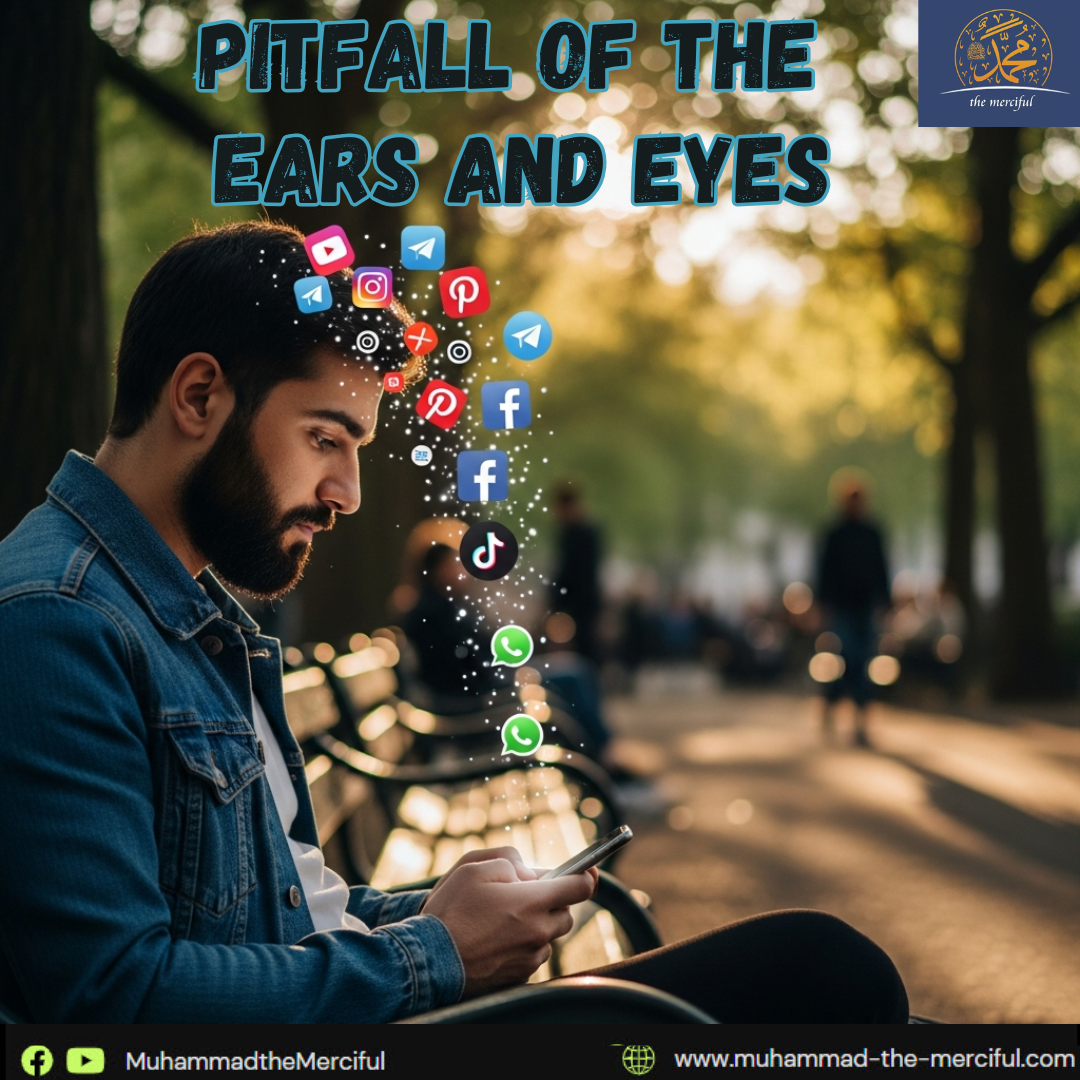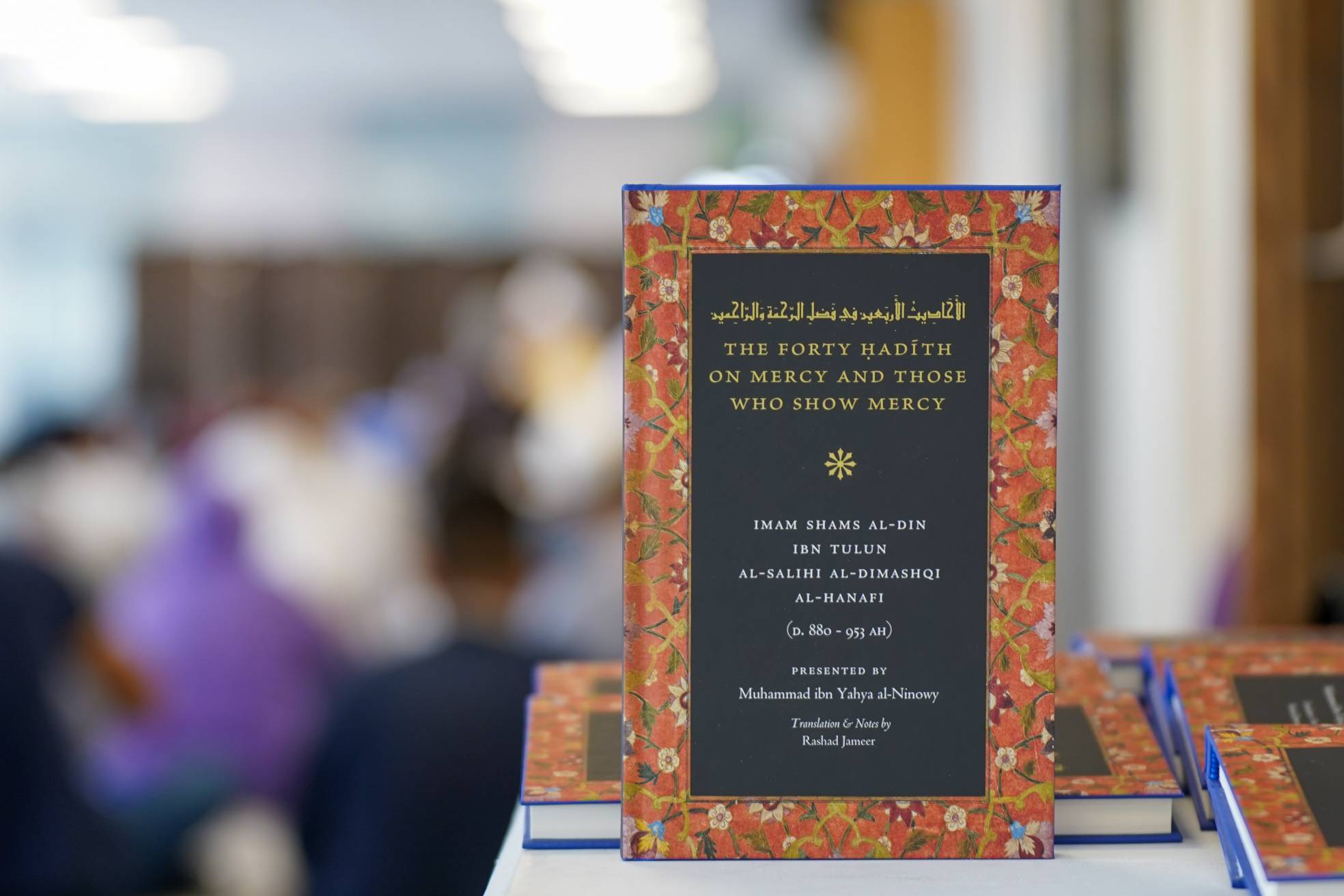Duty of a Muslim is that when his Muslim brother is sick he should visit him. The Arabic word for inquiring on the health of the sick is ‘Ayaadat which means to return. It is our duty to visit our Muslim brethren in time of illness. This will enhance and nourish the bond of Islam and the brotherhood amongst us. As a committed Muslim, we should not undervalue its great reward from Allah.
Hazrat Abu Hurairah(Radiallahu Anhu) narrates that Prophet(peace be upon him) said, “…….On the Day of Judgement, Almighty Allah will say, ‘O son of Adam! I was sick and you did not visit Me.’
{Sahih Muslim,Vol 2 , page #318}
The slave will say, ‘O my Lord! You are the Lord of all the worlds, how could I visit You?’
Upon hearing this Allah Ta’ala will say, ‘Did you not know that my (such and such) slave was ill? But you did not go and visit him. Do you know that if you would have visited him you would definitely have found Me there?”
Imam Muslim reported that the Messenger of Allah (peace Be upon him) said: “A Muslim visiting ill brethren will continue to be in the Khurfa of paradise until he, or she comes back home.”
{Sahih Muslim , Kitab Al-Birr was-Salat-I-wa’l-Adab}
He was asked, “What is the khurfa of Paradise?”
He answered, “This means the harvest of paradise.”
Imam Ahmad and Ibn Hibban in his authentic book reported that the Messenger (peace Be upon him) said: ‘A visitor walking to visit a patient will be wading in the mercy of Allah. When the visitor sits with the patient they will be immersed in mercy until his, or her return.’
PRAYING FOR THE SICK
It is very appropriate to say few prayers for the sick asking Allah (SWT) to bless them with recovery and help them through their sickness.
Hazrat Ibn ‘Abbas Radiallaho Ta’ala ‘Anhuma reports that Prophet(Peace Be Upon him) said, “If a person visits a sick person and says
{Sunan Abu Dawood , Vol 2, Page 442}
‘As-alul Laahal Adheema Rabbil ‘Arshil Adheemi Ay Yash-Fiyaka’
then he will certainly be cured – unless it is the appointed time for his death.”
Ikrima related from Ibn ‘Abbas that the Prophet, may Allah bless him and grant him peace, went to visit a bedouin. He said, “When the Prophet, may Allah bless him and grant him peace, visited a sick person, he would say, “No harm, it is purification if Allah wills.”
{Sahih Bukhari, Book of patients, Hadith #5332}
Masruq related that Hadrat ‘A’isha(Radiyallahu Anha) said, “The Prophet, may Allah bless him and grant him peace, used to recite the refuge prayer for some of them, wiping him with his right hand, saying ‘Remove the hardship, Lord of people, and heal, You are the Healer. There is no healing except Your healing, a healing which does not leave behind any illness.'”
{Sahih Bukhari, Book of patients, Hadith #5418}
THE LENGTH OF THE VISIT
Certain etiquette will make your visit to an ill person a refreshing and morale boosting one. Your duty is to ease his or her pains, and to make him or her more conscious of the rewards they will gain in return for their suffering and endurance. Make your visit brief. Sick persons may not withstand such long visits.
The length of the visit should not be longer than the time between the two speeches of Friday.
In this respect, it was said that the visit should be long enough to convey your greeting and wishes (Salam), to ask the sick how he or she is doing, to pray for recovery and to leave immediately after saying good-bye.
The best visit is every third day. Do not bother the patient with many questions Two or three words will get you all along.
At the end of his book of Malkite Fiqh, Al-Kafi, Imam Ibn ‘Abdul Al-Barr said:‘Whether you visit a healthy or an ill person, you ought to sit where you are told.’
Hosts know better how to ensure privacy in their home. Visiting an ill person is a confirmed Sunnah. The best visit is the shortest.
The visitor sought not to sit too long with an ill person, unless they are close friends and the ill person enjoys their company.’




